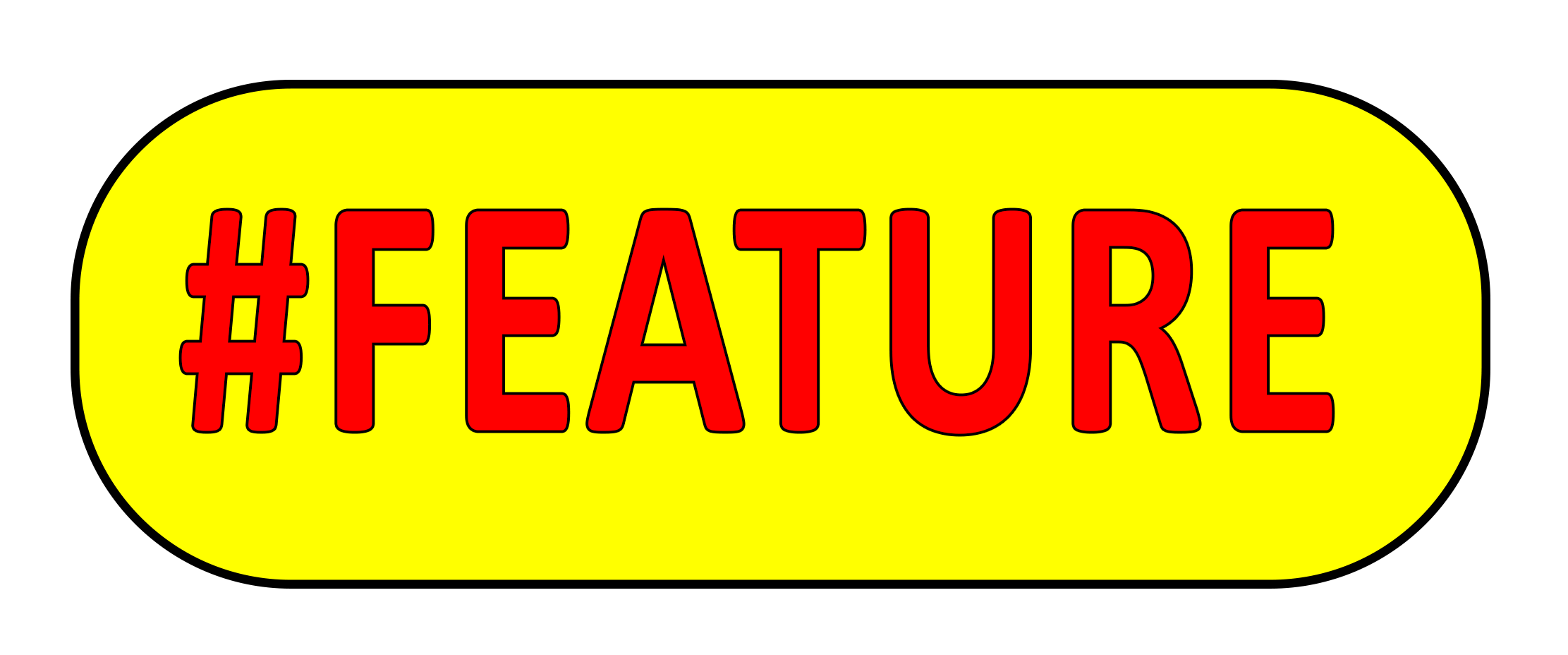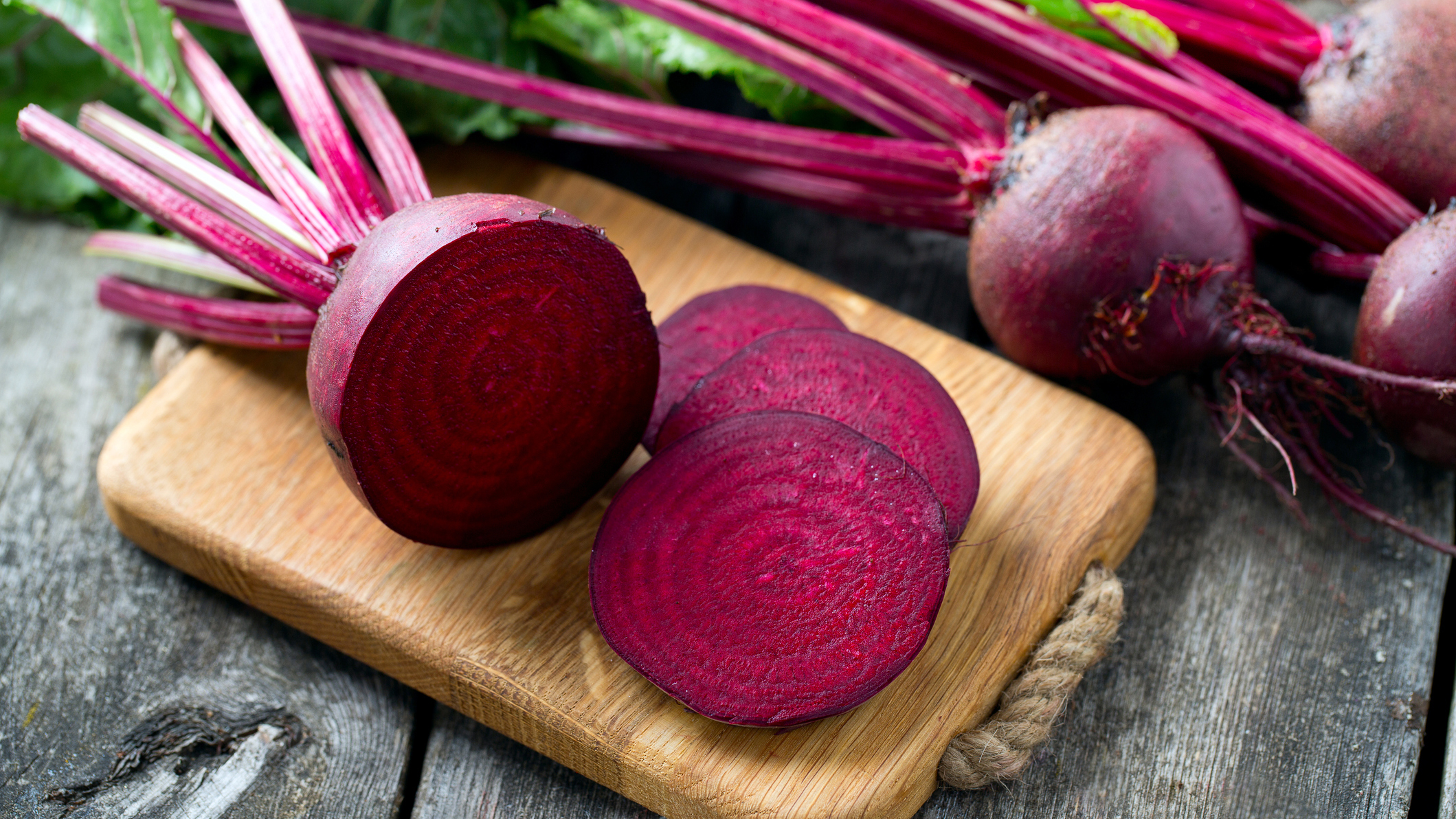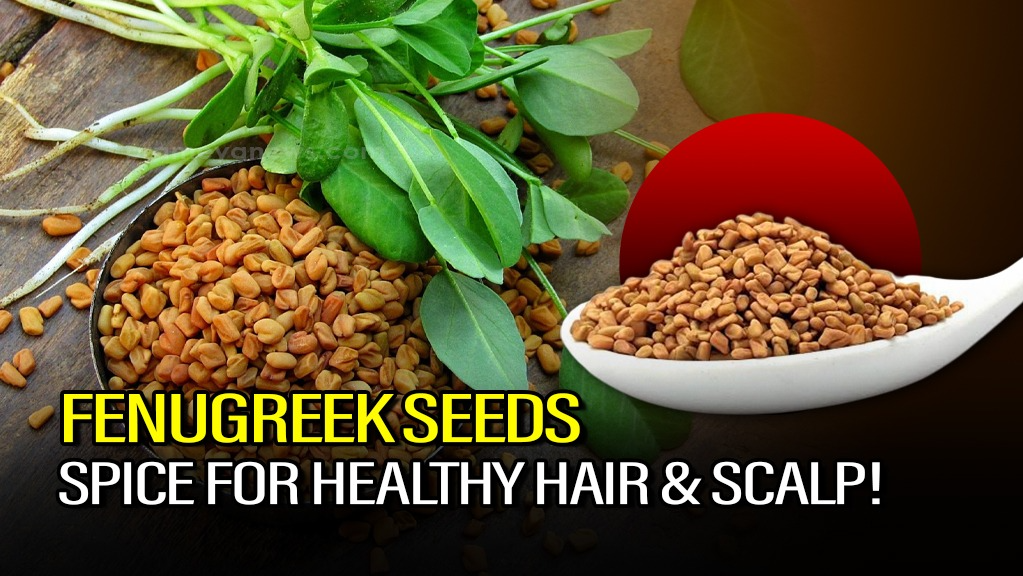Bhubaneswar, Jan 12: Beetroot, scientifically known as Beta vulgaris, is a vibrant and nutritious root vegetable that has gained popularity for its earthy flavor and numerous health benefits. Packed with essential vitamins, minerals, and antioxidants, beetroot is a versatile ingredient that can be enjoyed in various culinary preparations. In this article, we'll delve into the nutritional composition of a 100-gram serving of beetroot and explore the health advantages it offers.
Nutritional Profile:
A 100-gram serving of beetroot provides a modest calorie count, making it a nutrient-dense addition to your diet. The following is an approximate breakdown of the key nutrients found in this serving size:
Calories: A 100-gram serving of raw beetroot typically contains around 43 calories, making it a low-calorie option for those watching their energy intake.
Carbohydrates: Beetroot is a good source of carbohydrates, with about 10 grams per 100-gram serving. The majority of these carbohydrates come from sugars, primarily natural sugars like sucrose and glucose.
Fiber: Rich in dietary fiber, beetroot contributes to digestive health. A 100-gram serving can provide approximately 2 grams of fiber, aiding in digestion and promoting a feeling of fullness.
Protein: While beetroot is not particularly high in protein, it still offers a small amount, around 1.6 grams per 100 grams. Incorporating beetroot into a meal with other protein sources can contribute to overall protein intake.
Fat: Beetroot is naturally low in fat, with minimal amounts present in a 100-gram serving. This makes it a great option for those seeking low-fat vegetable choices.
Vitamins:
Vitamin C: Beetroot is an excellent source of vitamin C, a potent antioxidant that supports the immune system and promotes skin health. A 100-gram serving may contain approximately 4.9 milligrams of vitamin C.
Folate (Vitamin B9): Folate is crucial for cell division and DNA synthesis. Beetroot contains about 109 micrograms of folate in a 100-gram serving, contributing to overall health and well-being.
Minerals:
Potassium: Essential for maintaining proper heart and muscle function, beetroot supplies a notable amount of potassium, with around 325 milligrams per 100 grams.
Iron: Beetroot contains approximately 0.8 milligrams of iron per 100 grams, contributing to the body's oxygen transport and metabolism.
Antioxidants:
Betaine: A unique compound found in beetroot, betaine has been associated with various health benefits, including supporting liver function.
Incorporating a 100-gram serving of beetroot into your diet can offer a diverse range of essential nutrients, promoting overall health and well-being. Whether enjoyed raw in salads, juiced, or cooked in various dishes, beetroot stands out as a colorful and nutritious addition to a balanced diet. Its rich combination of vitamins, minerals, and antioxidants makes it a valuable asset for those seeking to enhance their nutritional intake and support a healthy lifestyle.


















































